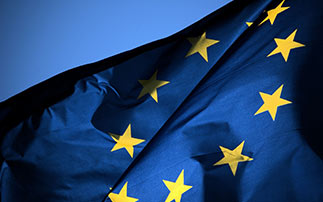Sector
All
All
Aeronautics & Space
Agriculture & Fisheries
All sectors
Buildings & Public Works
Business & Industry
Citizenship & Human Rights
Civil Protection & Risks
Cooperation & Development
Culture, Media & Communication
Education & Training
Employment
Energy
Environment & Climate
EU Membership
Finance
Health
Housing
Justice, Security, Defence
Nuclear
Other
Research & Innovation
Services to organisations
Social Economy
Sport
Technology & Digital
Territorial Development
Tourism
Transport


 Blog
Blog